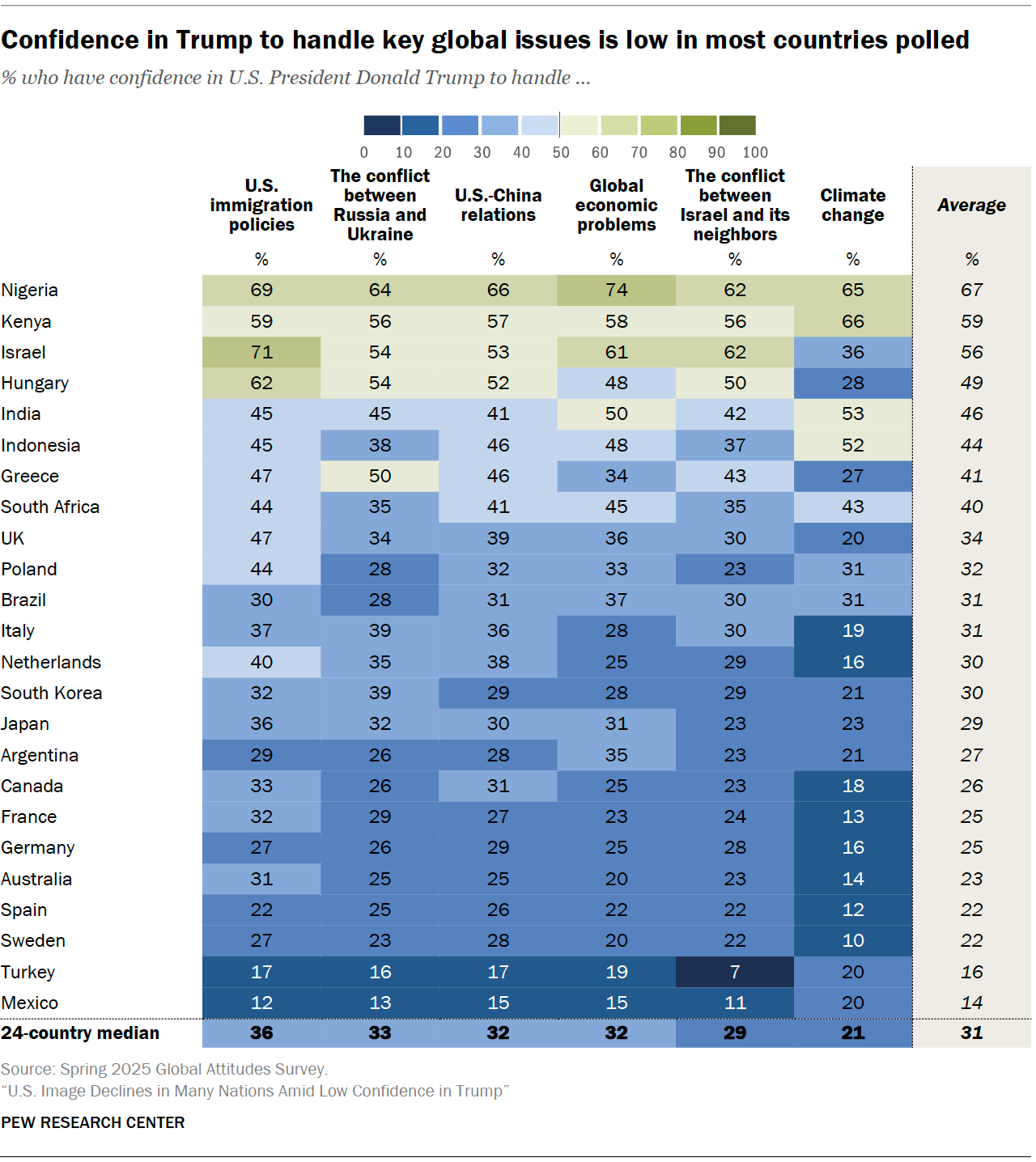https://www.pewresearch.org/global/2025/06/11/confidence-in-trump-to-handle-global-issues/ India is among the top five countries have confidence in Trump. Note the confidence on Trump in India on the Issues of Climate Change confidence was 53%!

https://www.youtube.com/watch?v=gDRVxlMjebI Jun 12, 2025 Nope w/ Kunal Kamra Former General Secretary of All India Bank Officers Confederation and currently coordinates the Peoples Commission on Public Sector and Public services. so today the corporates are getting such cheap credit The RBI data now shows that 449 people in this country corporates who have a loans above 100 cr they are given loan at 4% rate of interest
मणिपुर के हिंदुत्ववादी आपस में क्यों लड पडे?Manipur violence: Why Arambai Tenggol is up against BJP? https://www.youtube.com/live/ygQU_w7OygU
